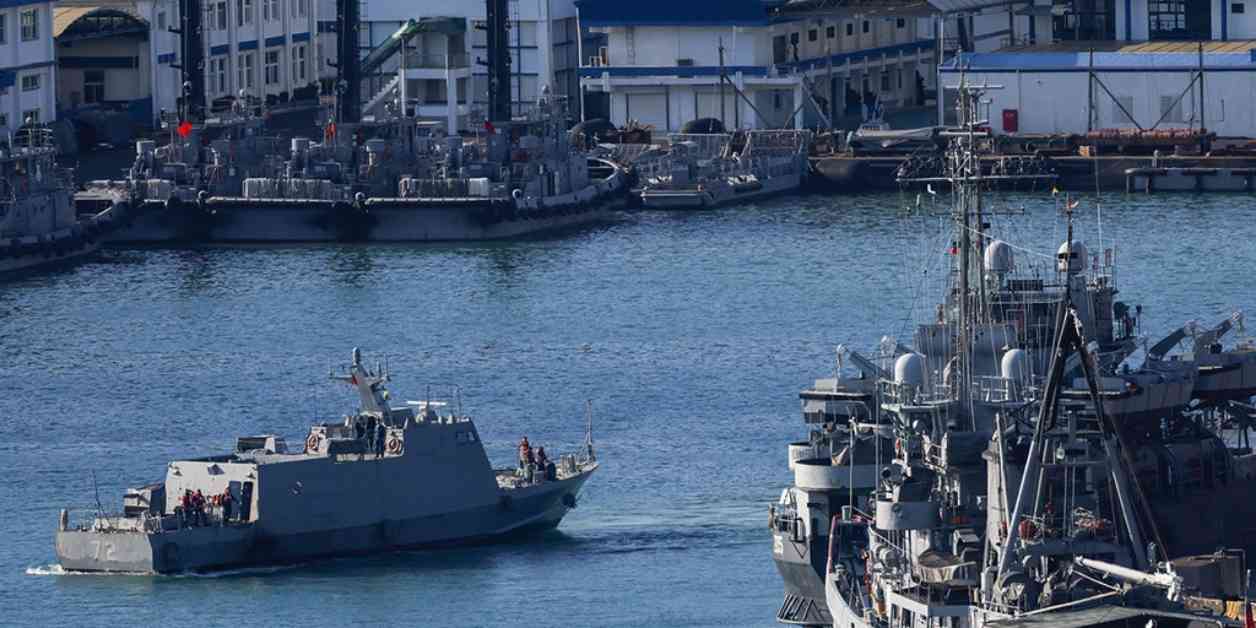In 2027, the U.S. intelligence projected that China could invade Taiwan. President-elect Donald Trump’s victory has raised questions about whether the U.S. would defend Taiwan under a new administration. Trump’s public statements suggest he may not be inclined to protect Taiwan, citing that they should pay for defense and accusing the nation of stealing the U.S. microchip industry.
Despite Trump’s comments, his advisors have taken a more hawkish stance on defending Taiwan. There is a sense of uncertainty about how Trump would handle a potential China invasion of Taiwan. Trump mentioned imposing high tariffs on China if they invade Taiwan, showcasing his tough approach to trade and foreign policy.
The U.S. has historically sent military equipment to Taiwan, with the Biden administration recently approving significant arms sales to the island nation. There is also a focus on using advanced drone capabilities to aid Taiwan in case of an invasion without deploying troops. Adm. Samuel Paparo emphasized the use of classified capabilities to deter China from attacking Taiwan.
While some believe that Trump’s emphasis will be on economic warfare with China rather than military action, there are concerns about the delicate situation in the Taiwan Strait. The U.S. has traditionally followed a One China policy and maintained strategic ambiguity regarding Taiwan’s defense in an all-out war. Biden’s administration appeared to lean towards defending Taiwan, causing some confusion and necessitating clarification from his staff.
Overall, the situation surrounding U.S.-Taiwan defense remains complex and uncertain. The evolving dynamics between the U.S., China, and Taiwan will continue to shape the region’s security landscape in the coming years. It is essential to navigate these challenges with caution and strategic foresight to maintain peace and stability in the Taiwan Strait.





















